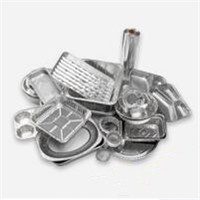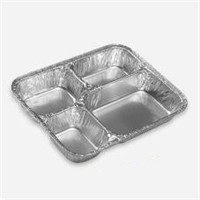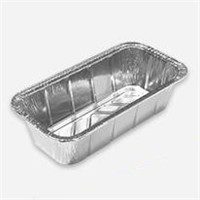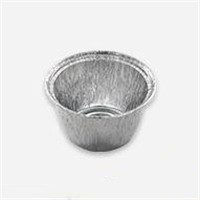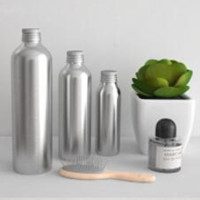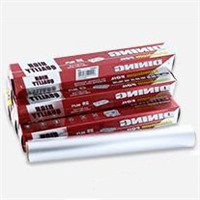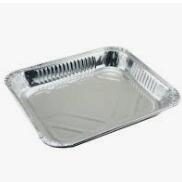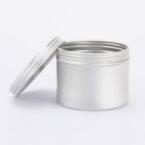Aluminum containers and glass containers each have their advantages and considerations. Here’s a comparison between the two:
Aluminum Containers:
- Weight: Aluminum containers are lightweight, making them easy to handle, transport, and stack. This feature is particularly beneficial for industries that require efficient logistics and distribution.
- Durability: Aluminum containers are highly durable and resistant to corrosion. They can withstand various environmental conditions and provide effective protection for the contents.
- Recyclability: Aluminum is one of the most recyclable materials available. Aluminum containers can be recycled repeatedly without losing their inherent properties, contributing to a more sustainable packaging approach.
- Barrier Properties: Aluminum provides excellent barrier properties against light, oxygen, moisture, and other contaminants. It helps preserve the freshness and quality of the contents.
- Thermal Conductivity: Aluminum has excellent thermal conductivity, allowing for efficient heat transfer. It facilitates quick and even heating or cooling of the contents.
- Aesthetic Appeal: Aluminum containers have a sleek and modern appearance, which can enhance the visual appeal and brand image.
Glass Containers:
- Safety and Purity: Glass containers are non-reactive and do not leach any chemicals into the contents. They are considered safe for food, beverages, and other sensitive products.
- Transparency: Glass containers offer transparency, allowing consumers to see the contents and assess their quality. This is particularly valuable for products with visual appeal, such as gourmet food or premium beverages.
- Environmental Impact: Glass containers are made from natural materials (sand, soda ash, and limestone) and are highly recyclable. They have a low environmental impact and are a popular choice for consumers concerned about sustainability.
- Heat Resistance: Glass containers are heat-resistant and can withstand high temperatures. They are suitable for applications that involve heating or reheating food in the oven or microwave.
- Reusability: Glass containers can be reused multiple times without affecting their quality. They are often used for storage and repurposed for various household uses.
- Shelf Life: Glass containers offer excellent barrier properties and help preserve the freshness and flavor of the contents. They do not interact with the product, maintaining its quality over time.
When choosing between aluminum containers and glass containers, considerations include factors like weight, durability, recyclability, barrier properties, thermal conductivity, aesthetic appeal, safety, transparency, environmental impact, heat resistance, reusability, and shelf life. The choice depends on the specific needs of the product, consumer preferences, and sustainability goals of the business.


